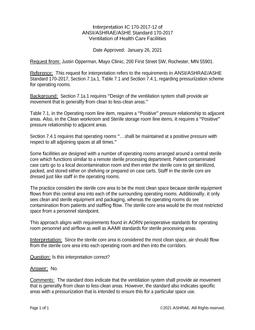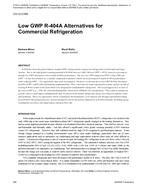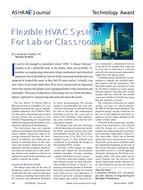Click here to purchase
Mass timber is an emerging structural technology with many environmental and architectural benefits. Aggressive moisture protection of mass timber products is generally recommended during installation but can result in significant cost and coordination challenges for builders. Field measurement of wetting and drying of mass timber on built projects is limited in North America. This paper will share moisture data taken during a wet winter in the Pacific Northwest during the construction of a six-story, multi-family, Cross-Laminated Timber (CLT) building. CLT is currently the most commonly used mass timber product in North America. Interior CLT eventually reaches a similar equilibrium moisture content to other wood products once the building enclosure is complete. However, exposure to moisture during the construction process requires additional attention compared to light-framed buildings, due to the increased wood mass and the use of adhesives, which can limit the rate of the drying. This paper presents a comparison of our field data to corresponding hygrothermal analysis, as well as our Moisture Mitigation Plan and Moisture Monitoring Plan, which included monitoring the moisture content of panels throughout the five months that the panels were fully exposed to weather. Moisture probe data is correlated with weather data from that period. Conclusions include lessons-learned on drying times following wetting of unprotected CLT panels, as well as agreement between measured and simulated moisture content in the CLT. We also recommend further research that can be done to better understand the wetting and drying process of mass timber.
Product Details
- Published:
- 2022
- Number of Pages:
- 9
- Units of Measure:
- Dual
- Product Code(s):
- DBldgsXV-C038


